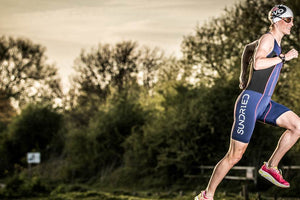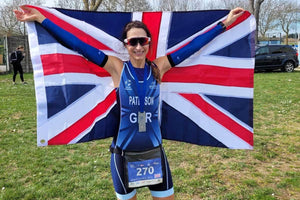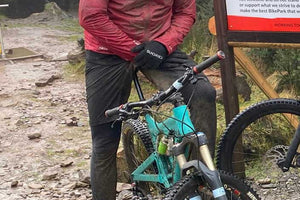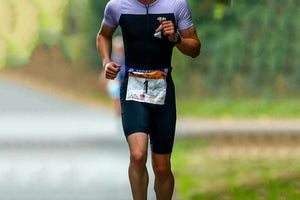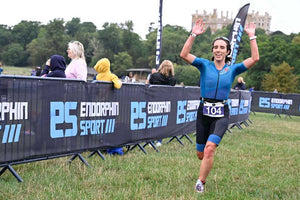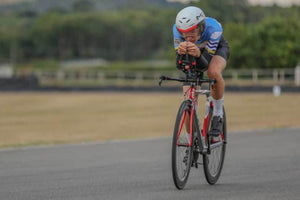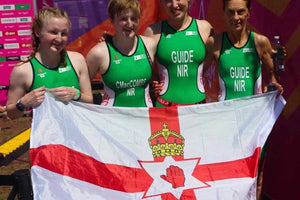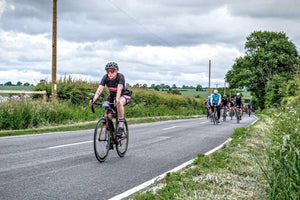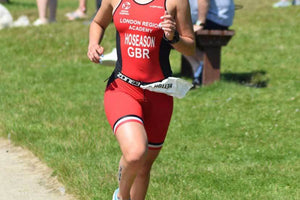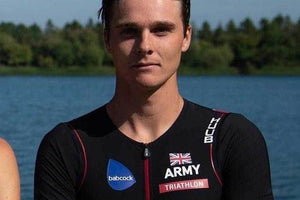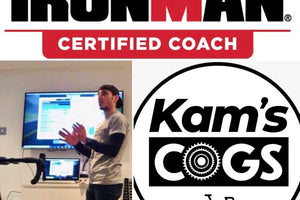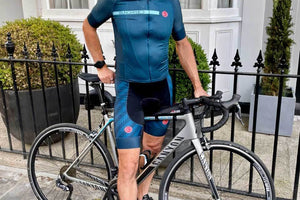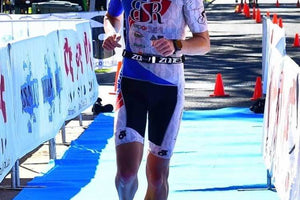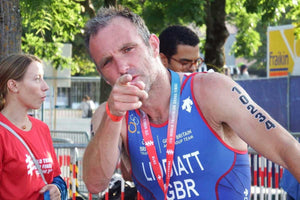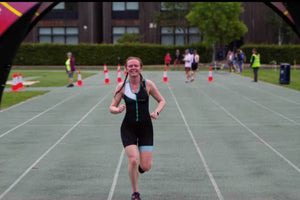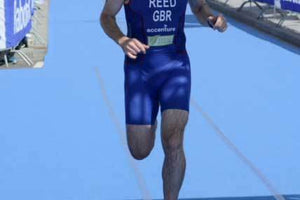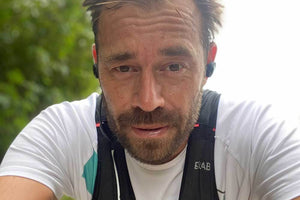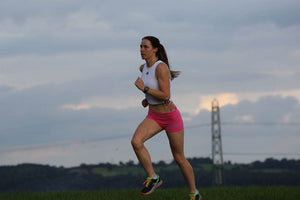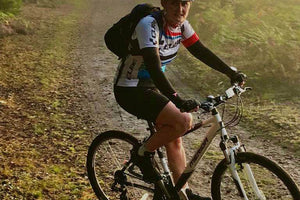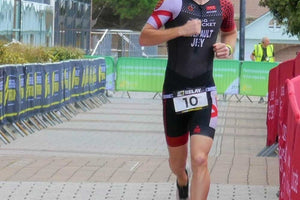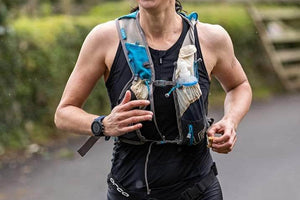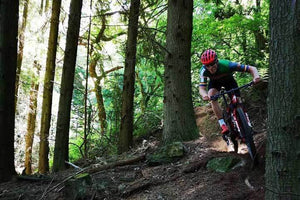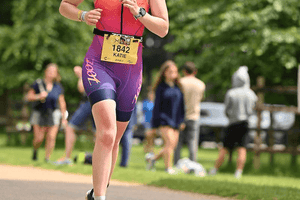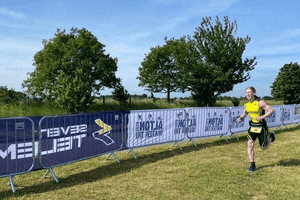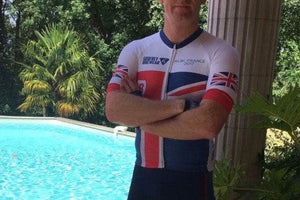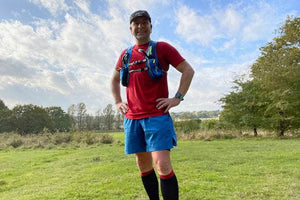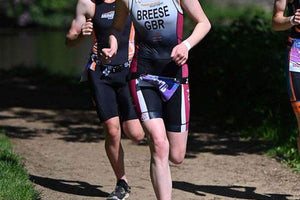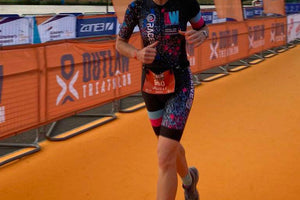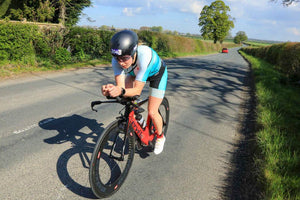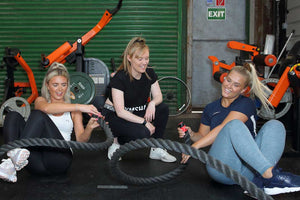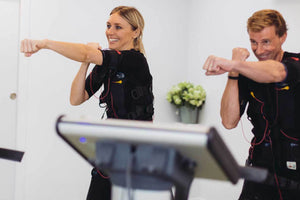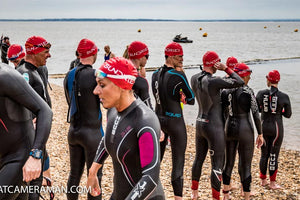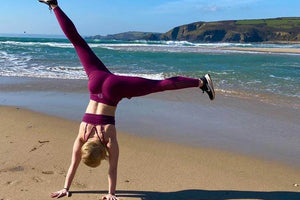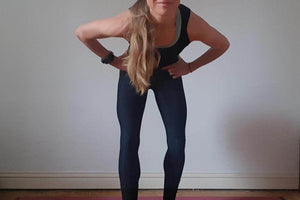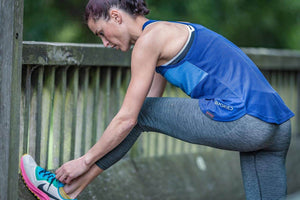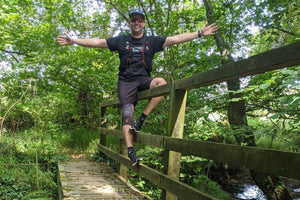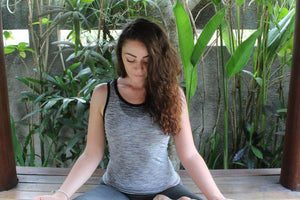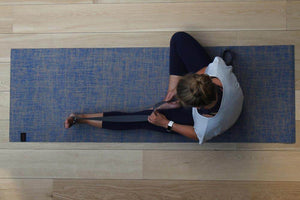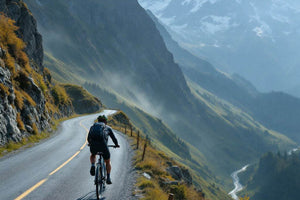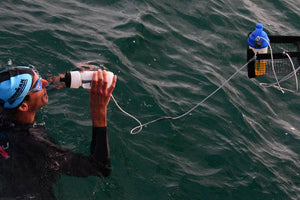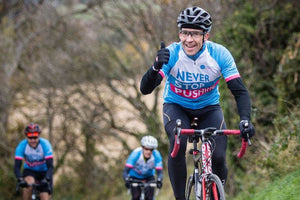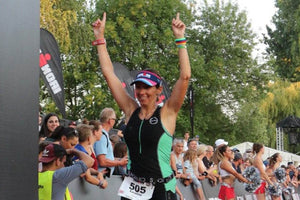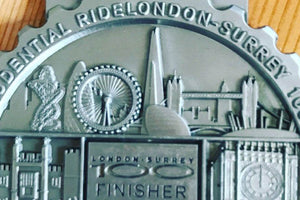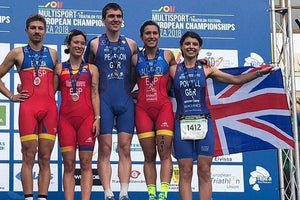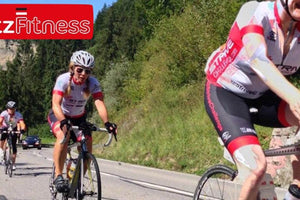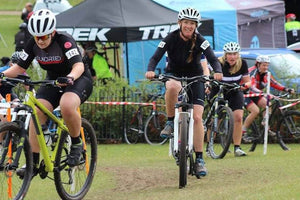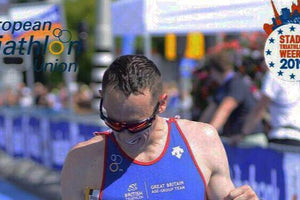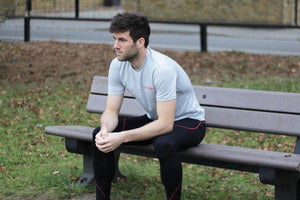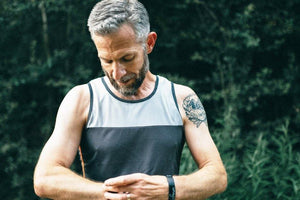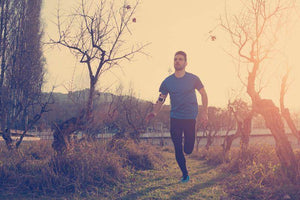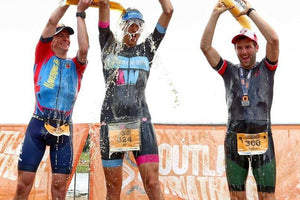
Are you a peanut or a sausage? Analysing your pedal stroke can be an invaluable tool for improving your cycling technique, and knowing whether you're a 'peanut' or a 'sausage' can help. Read on to learn how to pedal better using the Wattbike to improve your efficiency and power output in order to improve overall performance on the bike.
Analysing pedal stroke using Polar View
The Polar View is a technique analysis tool by Wattbike which makes the invisible, visible. It displays an easily understood real-time graph which shows exactly where you are losing force through your pedal stroke, how much power you’re producing from each leg, and the angle of your peak force.
The Polar View Shapes
There are 3 main stages of pedal technique viewable in the Polar View: the figure of eight, the peanut, and the sausage.
The Figure of Eight - Beginner

The beginner cyclist is a stomper. At points one and two they lose momentum as they transition from leg to leg. This cyclist is quad dominant, meaning they’re pushing solely with the front of their leg without pulling up with the hamstrings.
Tip: Being properly secured in the toe cages or using cleats will help keep your power throughout the pedal stroke.
The Peanut - Intermediate

This cyclist has had a bit of practice, they maintain some pedal momentum between each leg drive, however, there is still a noticeable loss of momentum at point 1 and 2.
Tip: To improve your stride transition, imagine scraping mud off the ball of your foot, which helps engage the hamstrings fully.
The Sausage - Elite

This cyclist knows their stuff and probably isn’t short of practise. The sausage or cloud shape depicts a consistent leg balance and momentum. This is the typical shape of a cyclist with a strong drive and balanced recovery and can be achieved with practise. By achieving this level of technique, you will be able to improve your power output and by extension your speed and overall performance on the bike.
Leg Force %
Beneath these graphs, your Wattbike will display the percentage split of your power production between each leg. Your aim should be to stay as close to 50-50 as possible, but a fluctuation between 48-52% is still within the ideal range.
How to improve your cycling technique
- Check your cycling position - an incorrect cycling position can affect both the downstroke and upstroke phases.
- Try to ensure you apply force evenly with each leg - the left/right leg balance should be as close to 50/50 as possible, it will fluctuate however the ideal range is between 48%-52%.
- Invest in a good pair of cycling shoes - without cycling shoes you will find it difficult to implement the full power and recovery phases effectively.
- Try not to stand up - standing up in the pedals can compromise your pedalling technique, making it very difficult to maintain power through the top and bottom of each pedal turn. Only stand up if required by a specific session within your training plan.
- Get the right resistance setting - a ‘figure of eight’ shape may indicate your resistance is too high forcing you to concentrate solely on the downstroke. Lower the resistance level and concentrate on ‘scraping mud off the sole of your foot’ at the bottom of the revolution.
- Ensure Polar View is displayed on the Wattbike Performance Monitor - this will constantly remind you to focus on effective pedalling.
- Analyse your data in the powerhub - if you have a Bluetooth enabled monitor and Bluetooth smartphone you can analyse your Polar View data in the powerhub. You will be able to analyse your Polar View graph, angle of peak force and left/right leg balance throughout your entire session.
- Try a specific cycling effectiveness workout - during these sessions you should concentrate on smoothing out your Polar View shape. To start with this will require a lot of concentration, so focus on it for short periods of time and then relax. It is easier to hold a good shape on the harder gears, so begin with the lightest gear available and then only when you have mastered that move up to the next gear ie.:
- 1 minute focus on shape / 2 minutes easy pedalling x 6-10
- 2 minutes focus on shape / 2 minutes easy pedalling x 5-8
- 3 minutes focus on shape / 2 minutes easy pedalling x 4-6



